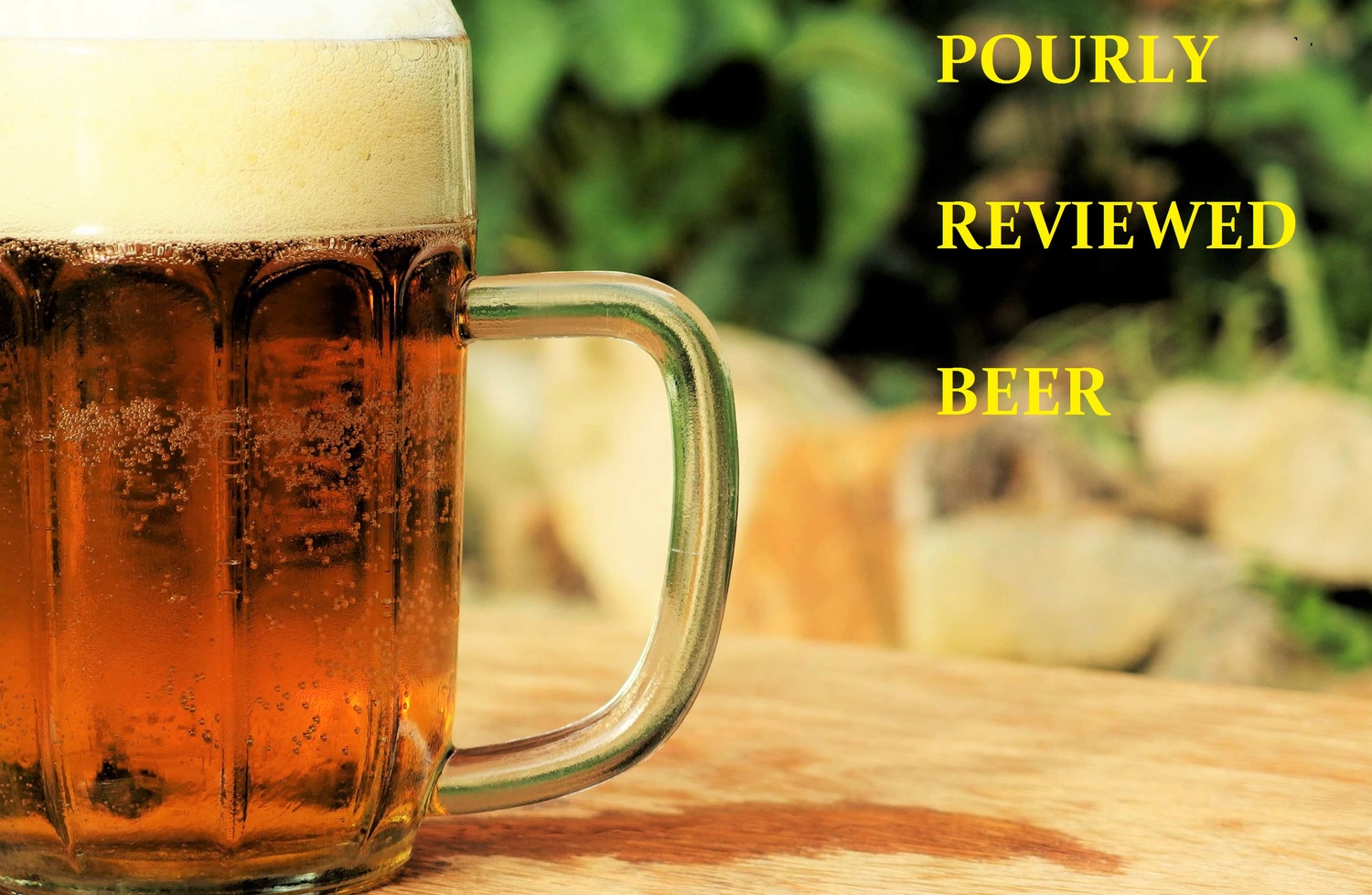Commentary: No, Heineken is NOT Anheuser-Busch
Frankly, I had hoped to be well past the point of talking about acquisitions and buyouts and the like by this point in time. But the beer world had other ideas, as hot on the heels of Wednesday’s Wicked Weed news and fallout came word Thursday that Amsterdam, Netherlands-based Heineken B.V. purchased the remaining portion of California’s Lagunitas Brewing Company. Heineken now completely owns the brewery after purchasing a 50% stake in 2015. (Report courtesy Brewbound.) Of course, this immediately spurred reaction comparing this transaction with the Wicked Weed/A-B InBev acquisition news that had taken the beer world by storm the previous day. There is some fair sentiment about buying American-owned beers, if that’s what is important to a person. But it would be a blazing overreaction AND oversimplification to equally react to these two transactions.
It is important to keep in mind that Lagunitas is no novice of the craft beer world. They have spent nearly a quarter-century in the game, and are the 9th-largest brewery in the United States, according to The Brewers Association. While ABI has a couple of craft beer long-timers in their High End group, most notably original High Ender Goose Island, many of their acquisitions have been around for roughly a decade or less. Wicked Weed pushes this issue, having only been in business for about five years. In my view, the group at Lagunitas has put extreme levels of blood, sweat, and tears into their brewery, and it shows in the nationwide success of their brand. They obviously see major backing as a necessary next step for their goals, such as opening a European brewery, as mentioned in Lagunitas founder Tony Magee’s letter on the matter. After 24 years, I believe Lagunitas has earned the right to see where this next step takes them. Wicked Weed can make no such claim, having only been in the craft beer industry for a handful of years.
Additionally, unlike the Wicked Weed news, this is not an out-of-left-field partnership. As mentioned earlier, Heineken acquired the first half of Lagunitas in 2015, and instead of feared homogenization, Lagunitas has continued in their eccentric ways, releasing beers like Aunt Sally and The Waldo’s that ARE out of left field. The leaders of Lagunitas already know what to expect from their new bosses at Heineken, and vice versa, because the breweries have already been working together for nearly two years! Had there been any consternation about this partnership, it likely would have shown itself by now, and the next step of this purchase would not have happened.
Finally, quite simply, Heineken IS NOT ABI! When I look at Budweiser, I don’t really see Elysian, Goose Island, or now Wicked Weed all that much. I see the pale lager-led bullies that use their immense financial resources to turn state laws in their favor and bribe their way into more and more shelf space at your local supermarket. While I may not be a big fan of Heineken beer, it IS a major global brand, having their claws in major world entities like Formula 1 racing and UEFA Champions League football (soccer), as well as partnering with major media opportunities. But their non-Lagunitas beer portfolio consists of all international brands (Amstel, Tecate, and more) that, while adequately-represented in the United States, have not assimilated the beer industry like ABI has. That makes the Lagunitas news much easier for me to swallow.
Read the full press release on the news here.
